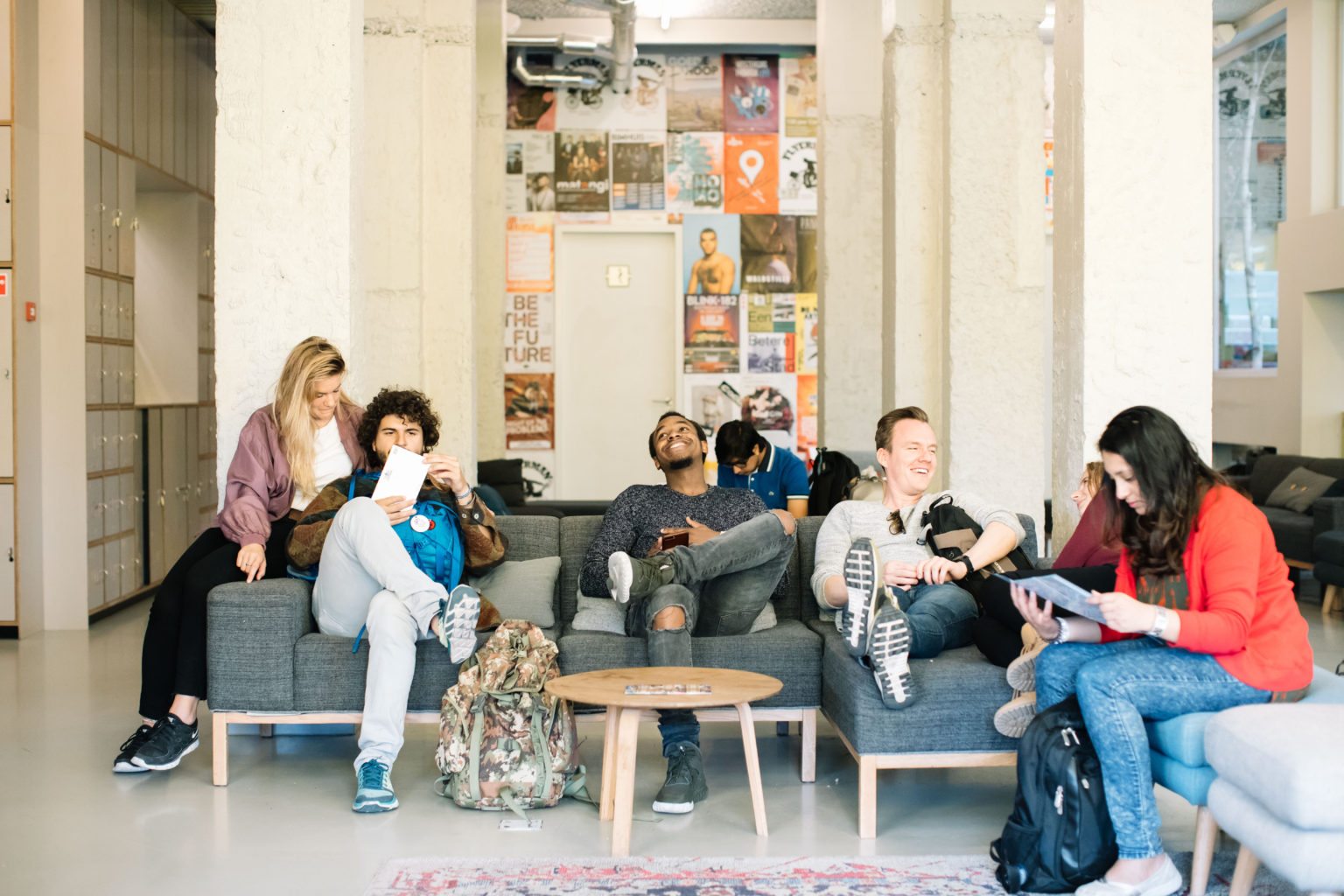Making friends with the help of science
For most students, the number one fear they have when starting university is whether they will make friends or not. Whether it be friends in your flat to do your food shop with, party animals to accompany you on the dance floor of the Copper Rooms, or course mates to help you out when assignments are tough, friendships are at the heart of everyone’s university experience. Because of this, it’s natural to feel apprehensive about forming these bonds. Whilst the madness of Freshers Fortnight is bound to bring Warwick’s new students together, science has a few hints and tips to help along the way.
Everyone has a unique personality and interests personal to them. However what you say or disclose to people can make a huge difference on the strength of a relationship between you. A phenomenon known as spontaneous trait transference says that if you compliment others, they’ll associate the trait you used to describe them with you. If the person you sit next to in lectures has had a nice haircut or is sporting a new bag that you like, let them know, and it will in turn make them warm to you more. Expressing warmth and competence yourself will also build trust and respect with others, according to the stereotype content model, which states that people initially judge you on these two traits.
Expressing warmth and competence yourself will also build trust and respect with others, according to the stereotype content model…
Letting people know your downfalls can sometimes feel like a weakness, but according to the Pratfall effect, if you let people know about them you will appear more relatable and likeable. So if you’re struggling with a module, don’t keep it to yourself! Letting others know will not only increase your friendships, but may also get you a study buddy! As much as self-disclosure is good for a friendship, letting others talk about themselves will also give it a boost. According to Harvard researchers talking about yourself gives as much satisfaction as food, money and sex.
It doesn’t always have to be about them though, as shown by the Ben Franklin effect. By asking for small favours from others such as taking a pre-drinks photo, they will feel like they are making an investment in the relationship. This will instantly increase the closeness they feel towards you. This isn’t to say you shouldn’t do anything in return – reciprocity is a fundamental feature of any friendship, so if they help you carry your shopping home, offer them a cup of tea in return!
By asking for small favours from others such as taking a pre-drinks photo, they will feel like they are making an investment in the relationship…
Sharing a common interest, whether it be your favourite brand of cereal or the football team you both support, will immediately spark a connection between you. Interestingly, even sharing your initials with someone can produce a bond between you- surprisingly 11.6% percent of us are more likely to date people with our own initials. Sharing fun and exciting experiences with people is also likely to have a similar effect. The misattribution of arousal is the physical arousal of the heart rate, adrenal gland, and hormones which you get when experiencing an engaging activity with others, be it having a kick-about or dancing away in a club. By sharing these moments with others you will associate these with the people you were with, making it more likely you’ll want to spend more time with them. This links to the mere-exposure effect, which states that if you spend more time around someone, you are more likely to feel a connection.
One thing that will definitely encompass a lot of these theories would be to join a sports club or society. Denmark is known to have the happiest people in the world, and 92% of its population belongs to a social group. This may be a coincidence, but it’s certainly an excuse to take up a new hobby when you get to Warwick! The university has an incredibly wide variety of sports and societies on offer, that will immediately allow you to have a common interest and share fun experiences. Hopefully the rest will follow from this! However, despite all this scientific jargon, I feel the best way to make friends at university is to simply be yourself- people will change a lot in the next few years but staying true to who you are is of more worth than any of these methods!

Comments